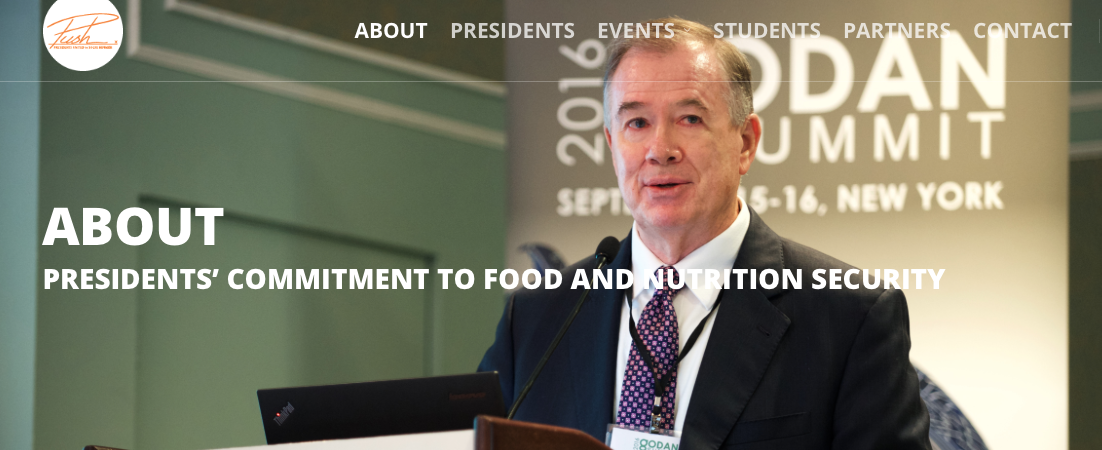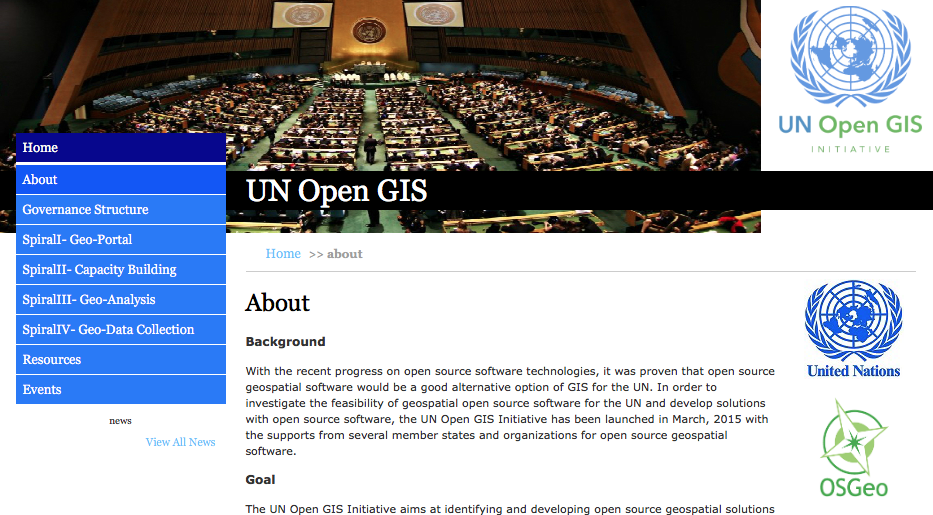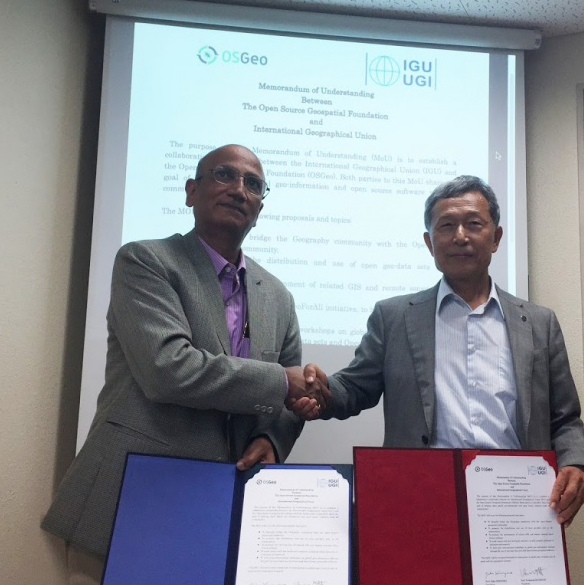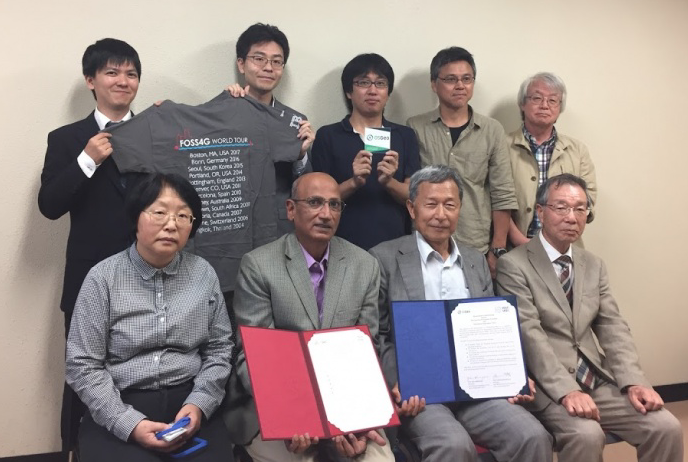On behalf of the GeoForAll community, it is my great pleasure to honour Sven Schade as our GeoAmbassador. Sven Schade is a Scientific Project Officer at the European Commission’s science and knowledge service, the Joint Research Centre (JRC). He is based at the Ispra site in Northern Italy. Being a Geospatial Information Scientist by education (among the first to study Geoinformatics in Europe), Sven became a strong promoter of open principles and public participation in scientific research. Building on a wide range of experiences reaching from Spatial Data Infrastructures (SDIs), data interoperability and Semantic Web technology, via environmental research and Citizen Science, all the way to decision support systems and scientific support to policy making, he got into the rare position of being able to interconnect highly diverse communities and to foster multi-disciplinary collaborations.
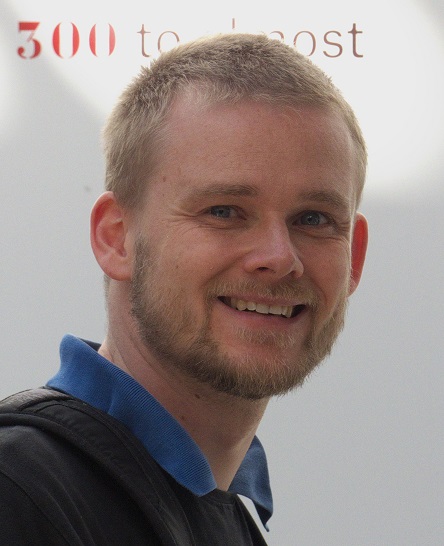
Sven Schade
Examples of his service include his contributions as a member of the Advisory Board of the GeoForAll initiative (http://www.geoforall.org/), the Advisory Board of the European Citizen Science Association (ECSA, https://ecsa.citizen-science.net/) – as co-chair, and the council of the International Society for Digital Earth (ISDE, http://www.digitalearth-isde.org/). As an editor-in-chief of the International Journal of Spatial Data Infrastructure Research (IJSDIR, http://ijsdir.jrc.ec.europa.eu/) he also supports open and free publication practices. Recently the portfolio of research papers and critical notes from the field has been extended to geospatial data set descriptions, so that also research on gathering and processing data can be better rewarded.
One of his main activities at present concentrate on the relationship between Citizen Science (i.e. research conducted – at least partially – by laypersons) and environment-related policy making. As part of the so called Environmental Knowledge Community (EKC), Sven leads the related collaborative work with colleagues from the European Commission (DG Environment, DG Joint Research Centre, DG Research and Innovation, DG Clima, SDG Eurostat and the European Environment Agency), and external partners with a view to develop a shred understanding of environmental issues, improve decision making and strengthen trustful relationships. Apart from openness and transparency, the potentials in using geospatially-aware methods and tools are immense, and a highly important – but not the only – part of new and innovative solutions. Current investigations include, for example, the use of mobile application to monitor invasive alien species – plant and animals that spear outside their usual territory and cause harm to e.g. human health or agricultural production – (see http://digitalearthlab.jrc.ec.europa.eu/app/invasive-alien-species-europe); a mobile phone app and its use for raising awareness and collect data about natural protected areas, Natura 2000 (see http://digitalearthlab.jrc.ec.europa.eu/app/mynatura2000); and work on an open source (hardware and software) solution to accurately measure air quality (see http://www.mdpi.com/1424-8220/16/3/403).
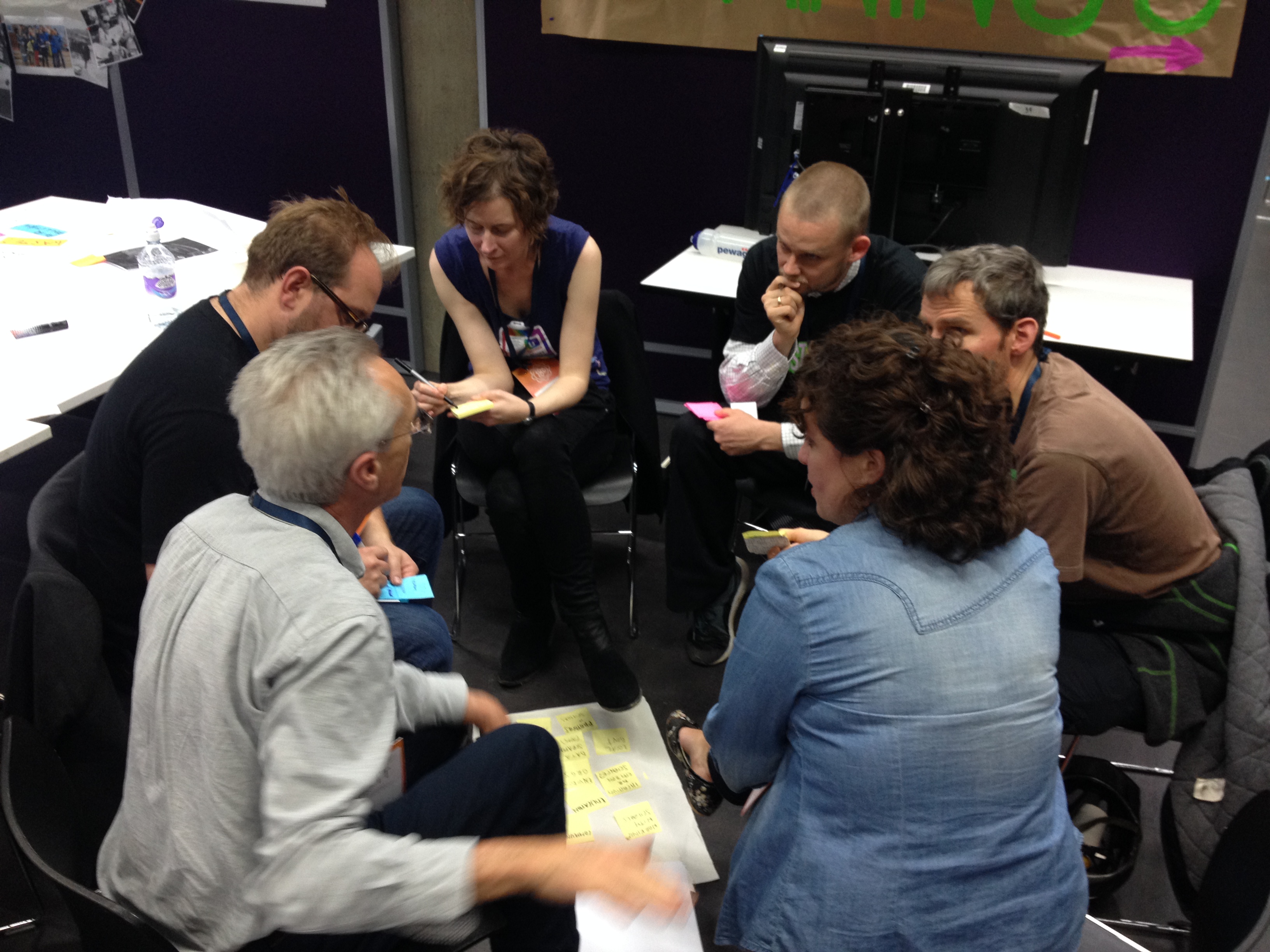
Parts of the above mentioned work is routed in the MYGEOSS project (http://digitalearthlab.jrc.ec.europa.eu/mygeoss/), to which Sven also contributed as part of the project team. It was an initiative to develop GEOSS-based (Global Earth Observation System of Systems) smart Internet applications informing European citizens on the changes affecting their local environment. Apart from few applications that were developed in-house by the JRC, the majority of applications was developed through three open calls for innovative ideas (with the condition to use and produce open source software and data). All source code has been made available openly. Behind the scenes, the experiences gained from this work, also helped to evaluate submissions to the University Challenge of the Copernicus Masters program (see, for example, http://www.copernicus-masters.com/prize/university-challenge/), NASA World Wind Europa Challenges (see, for example, http://www.nasaeuropachallenge.com/).
Alongside his services as program committee member to conferences such as AGILE, Big Data from Space, INSPIRE, and Earth Observation Science 2.0, Sven provides continuous support to the scientific tracks of the European and the International FOSS4G conferences. His ambitions to push for open science is also continued when reviewing scientific articles for journals such as PlosONE, First Monday, Transactions in GIS, International Journal of Geographic Information Science, Computers & Geosciences, and Semantic Web – Interoperability, Usability, Applicability Journal.
Sven is working for the JRC since 2013, where he was already employed for three years as a post-doc (2009-2012). Before re-joining the JRC, he worked at the European Environment Agency (EEA) as project manager for the Shared Environmental Information System (SEIS). In his early career, Sven spent ten years with the Institute for Geoinformatics (IfGI) of the University of Muenster – where he completed his diploma and PhD studies (in 2004 and 2009, respectively) and contributed to numerous national and European-level research projects in the area of geospatial information science. At IfGI, Sven was employed as a member of the Münster Semantic Interoperability Lab (MUSIL) and between 2006 and 2009 he also worked as technical consultant for Geospatial Partners s.r.l.
Everybody reading this and identifying items of interest I kindly invited to contact Sven directly. You are also kindly invited to submit an article contribution to IJSDIR, here: http://ijsdir.jrc.ec.europa.eu/index.php/ijsdir/pages/view/authors
We are proud to honour Sven Shade as our GeoAmbassodor and we are extremely grateful for his contributions to GeoForAll and for his selfless contributions for expanding geoeducation opportunities for all.
Best wishes,
Suchith Anand

